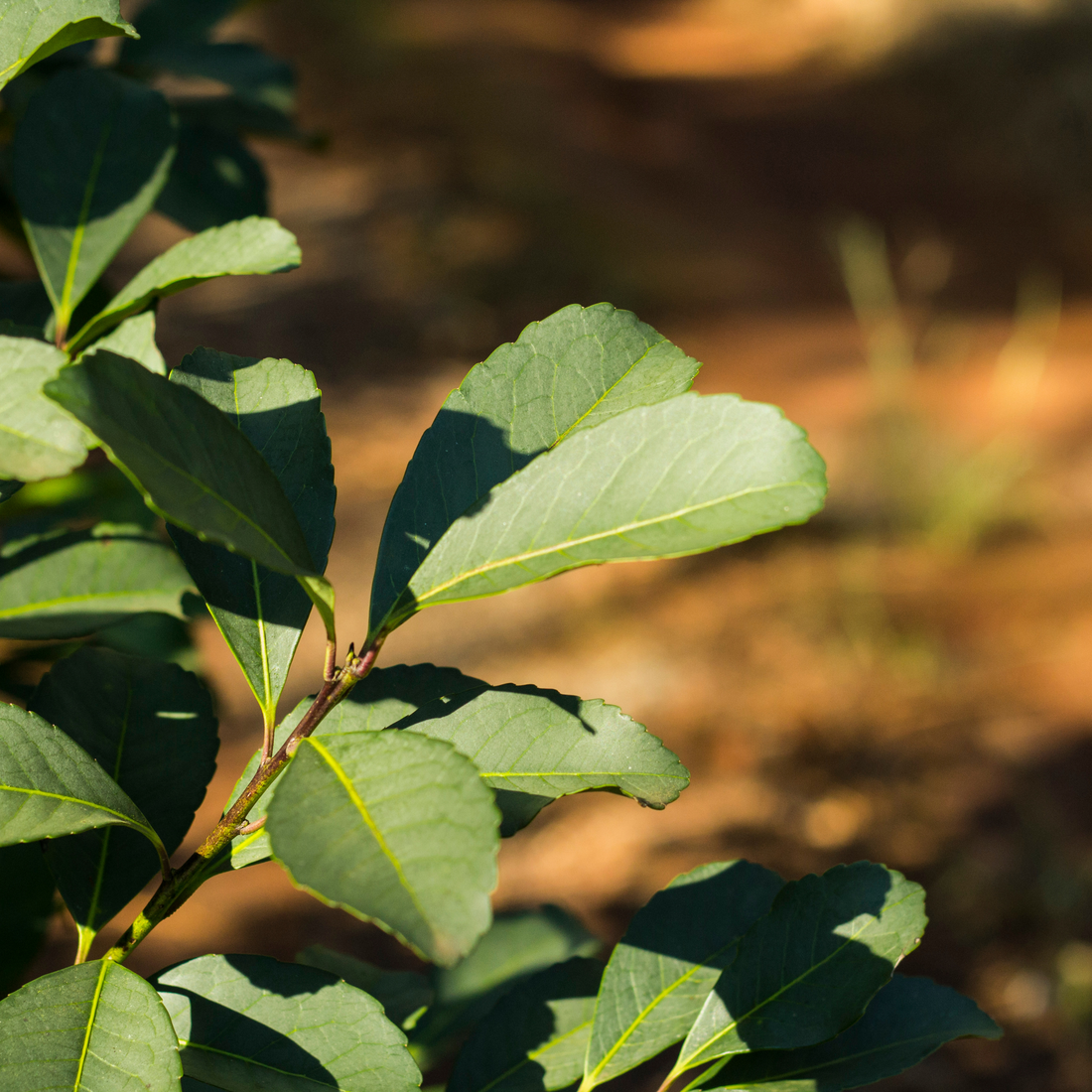Today, we're going to immerse ourselves in the intriguing world of yerba mate, an iconic drink with a rich history, an intriguing cultural legacy, and an ever-growing global influence.
Origins
Yerba mate, scientifically known as Ilex paraguariensis, is a plant native to the subtropical highlands of South America, specifically Argentina, Paraguay, Uruguay, and Southern Brazil. The indigenous Guaraní people were the first known cultivators of yerba mate, recognizing it for its energizing and medicinal qualities. The Guaraní believed the mate plant was a gift from the gods, a divine source of strength, wisdom, and communion.
Colonial Influence and Expansion
When Spanish explorers arrived in South America during the 16th century, they observed the Guaraní people sipping a hot, stimulating drink from hollowed gourds through metal straws called bombillas. Intrigued, the colonists adopted the practice and rapidly developed a taste for the brew. Jesuit missionaries, who played a significant role in the region during this period, cultivated the plant and started a mini-industry around it, leading to the increased production and consumption of yerba mate.
Modern Significance in South America
Fast forward to the present day, yerba mate is deeply ingrained in the culture of South American societies. It's much more than a simple beverage; it's a symbol of hospitality and friendship. Sharing a mate gourd is a ritualistic, social practice. In Argentina, Uruguay, Paraguay, and parts of Brazil, carrying a mate gourd and thermos is a common sight, and many social gatherings revolve around the communal consumption of yerba mate.
The cultivation of yerba mate continues to be an important economic activity in these regions, particularly in Argentina, which is the largest producer of yerba mate in the world.
Global Impact
Over the past few decades, yerba mate has been making waves across the globe, particularly in North America and Europe. It's often marketed as a healthier alternative to coffee due to its lower caffeine content and higher antioxidant levels. Its unique flavor, which is often described as earthy, bitter, and grassy, has appealed to many seeking something different from traditional tea or coffee.
In the wellness industry, yerba mate is promoted for its potential health benefits, such as boosting the immune system, aiding weight loss, and improving mental focus. However, it's important to note that while some research supports these claims, more comprehensive studies are needed to fully understand the health effects of regular yerba mate consumption.
Moreover, yerba mate has also found its way into the craft beer and cocktail scenes, with innovative brewers and mixologists infusing this South American staple into their creations, further broadening its appeal.
The Future of Yerba Mate
The future looks bright for yerba mate. As consumers globally continue to seek out natural, healthful beverages and as the appreciation for the richness of global food cultures grows, yerba mate seems poised to continue its upward trajectory. With further research, sustainable farming practices, and mindful marketing, yerba mate can become an even more significant player in the global beverage market.
So, whether you are a seasoned mate drinker, an adventurous foodie, or someone interested in global cultures, there is something in the world of yerba mate for you. If you haven't yet, why not give this unique, storied brew a try?

